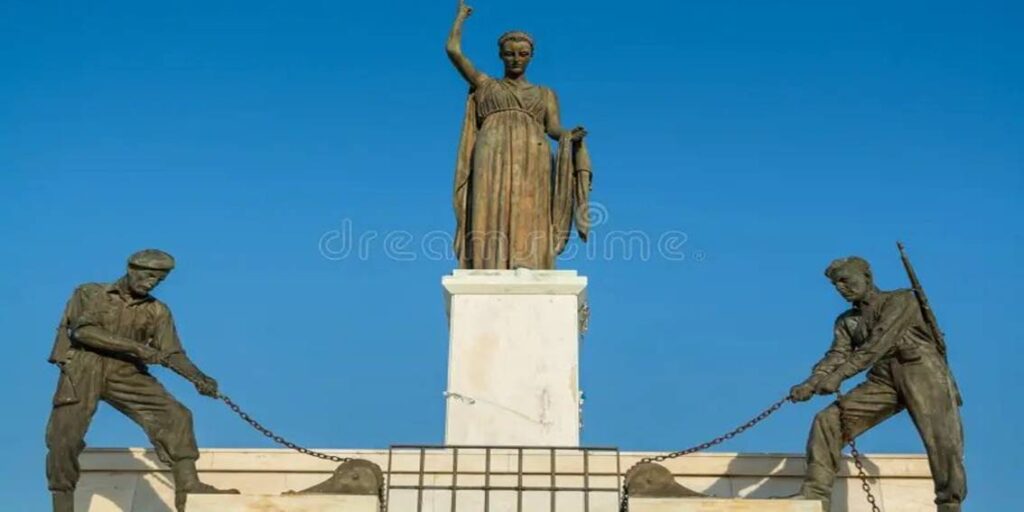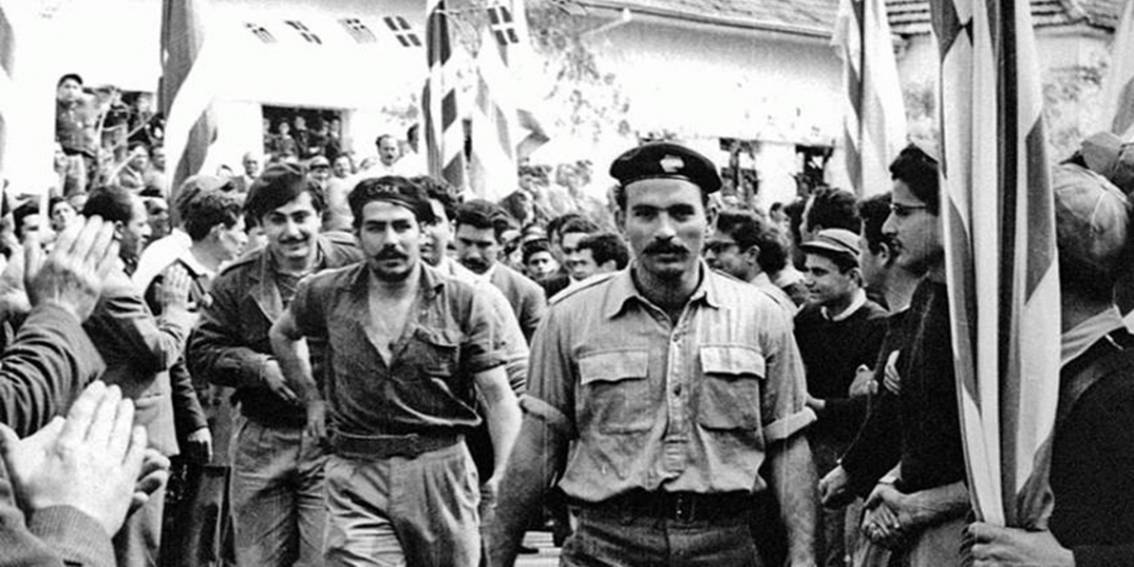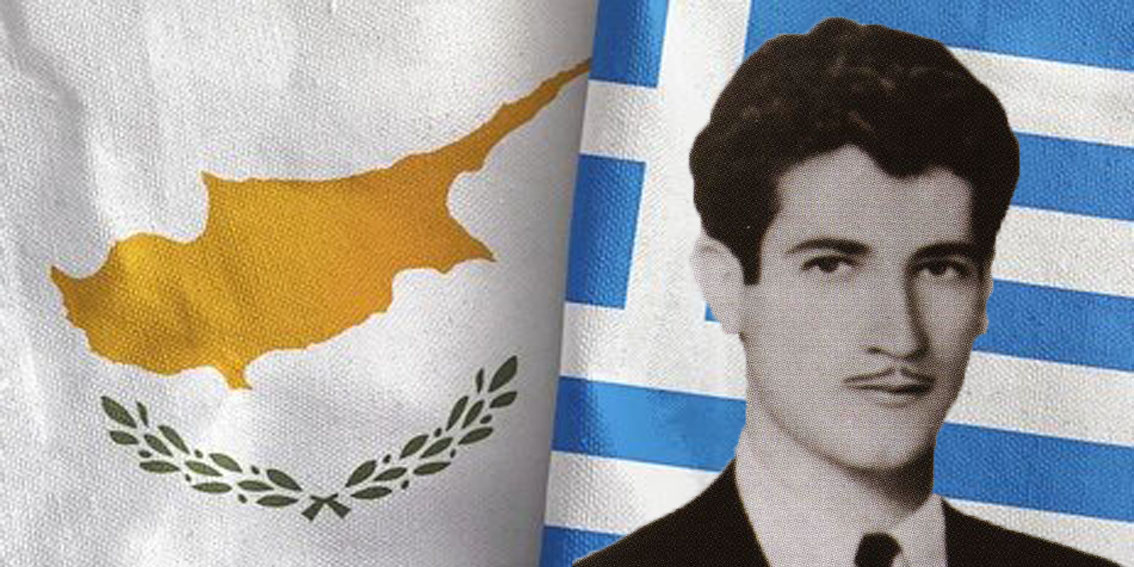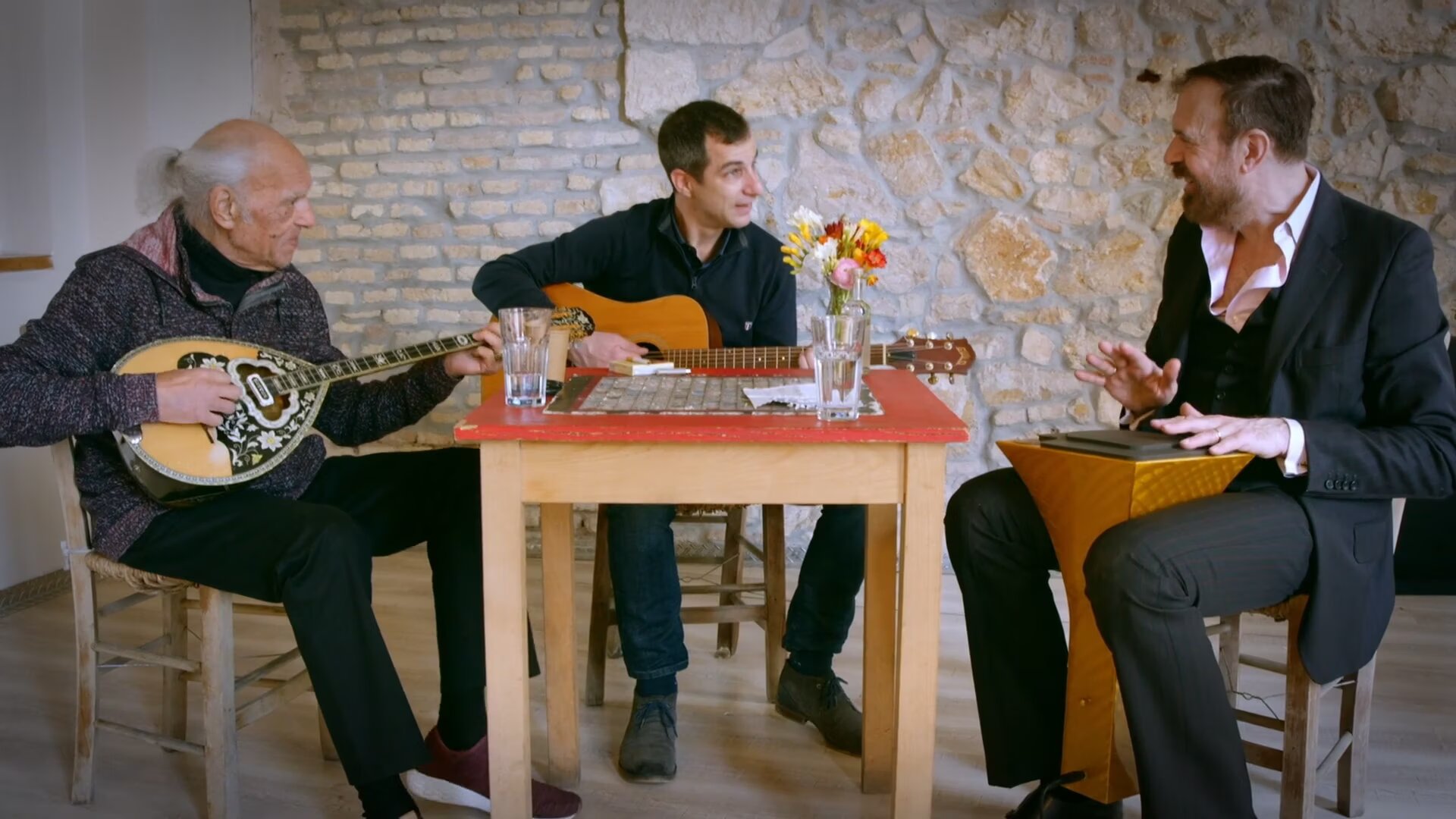Early Life and Background
Stelios Tritaios entered this world in 1930 in Kato Pyrgos, a village in Tillyria, Nicosia province. He completed his primary education in his hometown before moving to Nicosia for work.
Joining the Liberation Struggle
When EOKA launched its campaign, Tritaios immediately enlisted alongside fellow fighter Georgios Nikolaou. He became a crucial operative in the Kato Pyrgos guerrilla network, working closely with local resistance leaders.
Stelios Tritaios: EOKA’s Vital Link in Tillyria
Born in Kato Pyrgos (1930), Tritaios joined EOKA at the struggle’s outbreak. He became the critical connection between isolated Tillyria and Nicosia, smuggling weapons, mail, and supplies in bran sacks – a method that fooled British searches.
Betrayal and Capture
The execution of a local traitor in November 1956 triggered a chain reaction. The informant’s family retaliated by exposing EOKA members, leading to Stelios Tritaios’ arrest. Authorities detained him at a military camp between Pentageia and Xeros, where he endured seventeen days of brutal interrogation.
Torture and Its Consequences
Upon release, Tritaios bore severe chest injuries from chain beatings. Though placed under house arrest, his condition deteriorated rapidly. Despite his wife and comrades’ efforts to secure medical evacuation to London (where his siblings resided), his critical state prevented travel.

A Political Gesture and Final Days
New Governor Sir Hugh Foot authorized Stelios Tritaios’ medical transfer to London in June 1958. During heart surgery on June 17, the operating surgeon discovered shocking damage – necrosis had consumed part of his heart from the earlier trauma. The surgical team removed the dead tissue, but Tritaios succumbed two hours later.
The Doctor’s Revelation
Years later, the chief surgeon confided to Tritaios’ son the grim truth: those chain blows had effectively killed his father long before the operation. The damage proved irreversible.
Legacy of Sacrifice
Tritaios’ story exposes the brutal reality of colonial interrogation methods. His death, coming months after his torture, represents one of EOKA’s most tragic martyrdoms – a fighter who survived capture only to perish from his wounds in exile.
You May Also Like This
The Foundation of E.O.K.A. in Cyprus: https://anatolikilemesou.com/?p=8616




